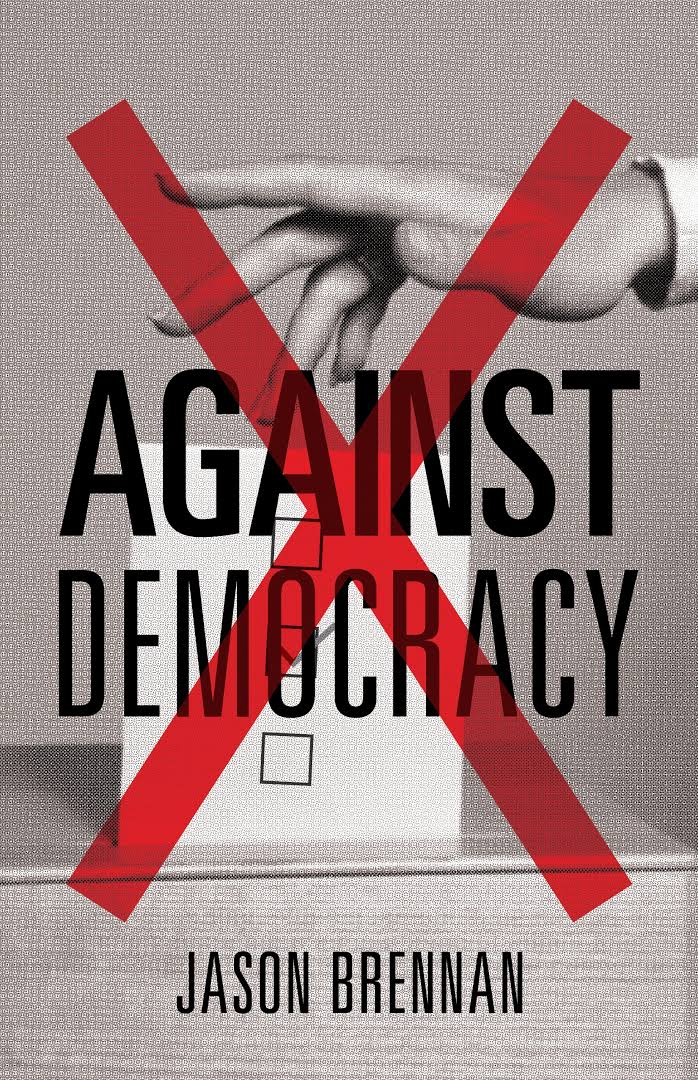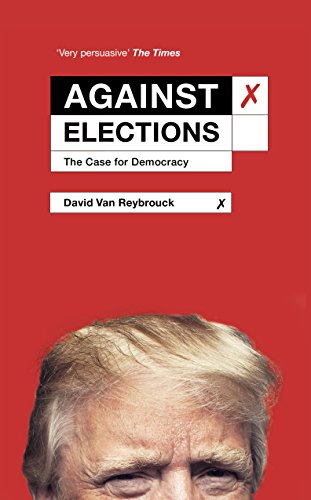 With Donald Trump winning a majority in the Electoral College and Hillary Clinton receiving the plurality of the popular vote, the role of the Electoral College is once again in the news.
With Donald Trump winning a majority in the Electoral College and Hillary Clinton receiving the plurality of the popular vote, the role of the Electoral College is once again in the news.
For those interested in the history of the use and consideration of lotteries in political decisions making, here is an interesting little tid bit. During the debate at the Constitutional Convention about how the President should be selected, there was a lot of discussion of the pros and cons of various schemes for selecting the Chief Executive. Possibilities included allowing a national popular vote, having Congress elect (as in a parliamentary system), having the state legislatures elect, or having one-time electors (an Electoral College), choose the president of the United States.
According to James Madison’s notes, James Wilson, one of the most important and influential delegates to the Constitutional Convention, proposed that the electors for the Electoral College be chosen by lot from among the members of Congress.
Tuesday, July 24, 1787 notes by James Madison
Mr. WILSON then moved, that the Executive be chosen every — years by — Electors, to be taken by lot from the National Legislature, who shall proceed immediately to the choice of the Executive, and not separate until it be made.
Mr. CARROLL seconds the motion.
Mr. GERRY. This is committing too much to chance. If the lot should fall on a set of unworthy men, an unworthy Executive must be saddled on the country. He thought it had been demonstrated that no possible mode of electing by the Legislature could be a good one.
Mr. KING. The lot might fall on a majority from the same State, which would insure the election of a man from that State. We ought to be governed by reason, not by chance. As nobody seemed to be satisfied, he wished the matter to be postponed.
Mr. WILSON did not move this as the best mode. His opinion remained unshaken, that we ought to resort to the people for the election. He seconded the postponement.
Mr. GOUVERNEUR MORRIS observed, that the chances were almost infinite against a majority of Electors from the same State.
On a question whether the last motion was in order, it was determined in the affirmative, — ayes, 7; noes, 4.
On the question of postponement, it was agreed to, nem. con.
Filed under: Elections, History, Sortition | 7 Comments »














